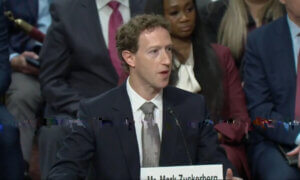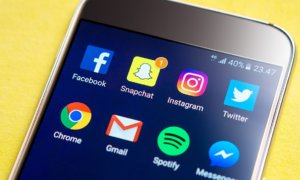‘How would I ever account for my self worth without the number of Instagram likes?’ – that is a sentence that sometimes left my mouth sarcastically and dramatically during conversations about social media and, by the looks of it, Instagram did consider the ‘like’ feature to be a problem at some point in time as well, by the looks of it.
Some of you might recognize Jane Manchun Wong’s name – she’s a code hunter and you might have encountered her name in articles that revealed hidden or unreleased content from apps (you might remember the Facebook Dating App, for example).
Recently, she spotted a hidden Instagram feature that would hide the public ‘like’ counts and in turn only make the numbers available to the person who has posted the photo.
In a statement to The Verge, the company did admit that the feature is there indeed, that it has been considered but not yet tested: “We’re not testing this at the moment, but exploring ways to reduce pressure on Instagram is something we’re always thinking about.”
The ‘like’ feature is what has been driving Instagram since its inception, so getting rid of it would completely shift the look, feel and, in a somewhat sad kind of way, the entire purpose of the platform. While the feature can negatively contribute to people’s feelings of self-worth, it also worked as an incentive to get other users to post new and interesting content at regular intervals, which, in turn, got more people to use the app on a daily basis or multiple times a day.
Of course, there’s a large number of users who use the platform to post stolen, un-tagged and un-credited content as is the case of artists who often find their artworks posted to other accounts which, more often than not, happen to gather more likes than the original post.
It’s also worth noting that this discovery arrives just a few days after the British Information Commissioner’s Office recommended that social platforms do offer the option to turn off the ‘like’ and ‘streak’ features, as is the case of Instagram and Snapchat, features which might end up affecting the younger users in the long run.
“This is the connected generation. The internet and all its wonders are hardwired into their everyday lives.” Information Commissioner Elizabeth Denham said “We shouldn’t have to prevent our children from being able to use it, but we must demand that they are protected when they do.“
Follow TechTheLead on Google News to get the news first.

























